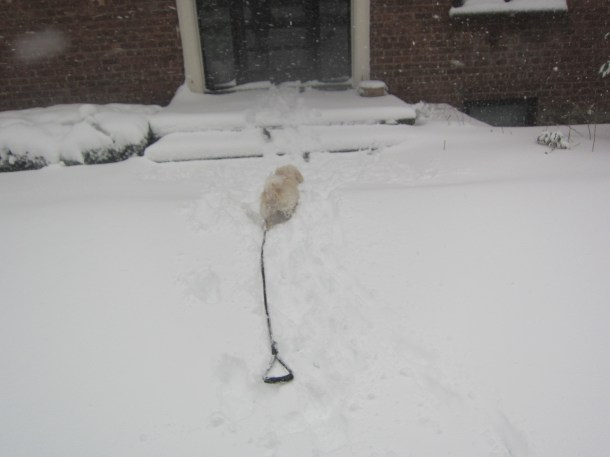I have been trying to teach myself Spanish. As an aspiring social worker on Long Island, I have belatedly come to realize that knowing some Spanish would be a good idea. Of course, I have unreasonable expectations of myself. I expect to be fluent (by, say, next Fall), to the point where I won’t need a translator to help me understand a client who speaks no English, and I will be able to catch every nuance of the different variations of Spanish spoken by Mexicans, Dominicans, Salvadorans, and maybe I’ll pick up some Portuguese while I’m at it. The fact that I can barely say Hello and How are you, at this point, is irrelevant.
I’ve been using a basic Spanish language learning program through my local library, online, and I learn a few new words each day. Ayuda (Help!) looks like it will come in handy. The thing is, I love languages. I’m still trying to work on my French and Hebrew (since childhood) without much success, but with endless effort and enthusiasm. I am currently reading the Harry Potter books in French, and have a Hebrew copy en route.
There’s something wonderful about learning a new language. It gives you an automatic sympathy for the people who speak it that you may not have had any other way. There’s been great joy in discovering that I can pronounce a lot of Spanish words exactly as they are spelled (as opposed to French, where letters drop out without warning). I was thrilled, until Y’s and double L’s started to sound like G’s out of nowhere.
I have tried to practice my Spanish on the dogs, but they are not interested in learning a new language at this point. Cricket is used to some French (un, deux, trois, Jump!) and Butterfly doesn’t mind a few questions in broken Hebrew (Aypho ha kibble? Where is the kibble?) But there’s a limit to their tolerance for my insistence on learning every language but theirs. How have I not learned to woof, bark, arf, yip correctly after all this time? It’s obscene!

Un, deux, trois…

“Yum!”
Certain words seem to impress them more than others, though, like empanada, tres leches, and el queso. I think I must say the food words with a particular tone to my voice that marks them out as special. We are a family that is very food motivated.

“Mmm, stairs taste good!”

“Is it worth it?”
As I try to build my Spanish vocabulary, some phrases seem especially important, like: No Hablo Espanol (I do not speak Spanish), and No Comprendo (I don’t understand); and Lo siento (I am sorry) will also come in handy.
I was interested to see that To Write, in Spanish, is escribir. I guess it’s the same root as Scribe, but it makes me think of scribble. I love the idea of being a scribbler. It makes being a writer seem less stuffy and more playful. Then there’s una pregunta (a question), which makes me think of a pregnant woman, as if every question is filled with a sense of possibility and new birth, which it is, isn’t it?
Eventually, I will have to learn more grammar and sentence structure, but for now I’m satisfied with certain phrases that I can make use of right away: Como esta usted? (How are you?), Me llamo Rachel (My name is Rachel), tengo dos perros (I have two dogs), and Gracias (Thank you).

“A bientot! Oops, wait that’s French.”














